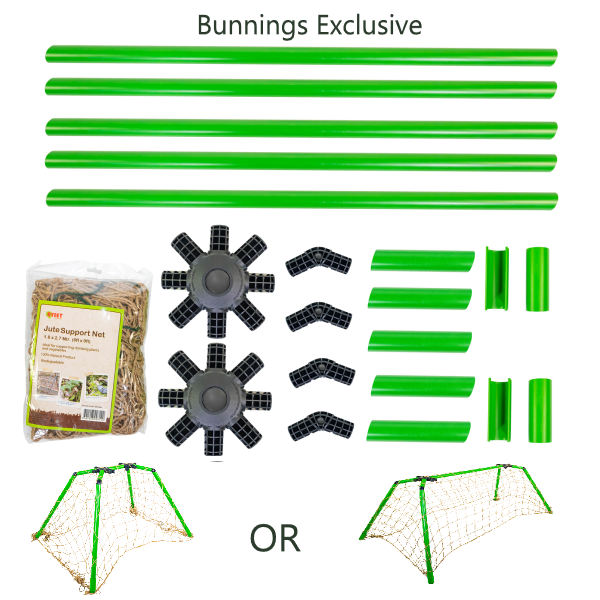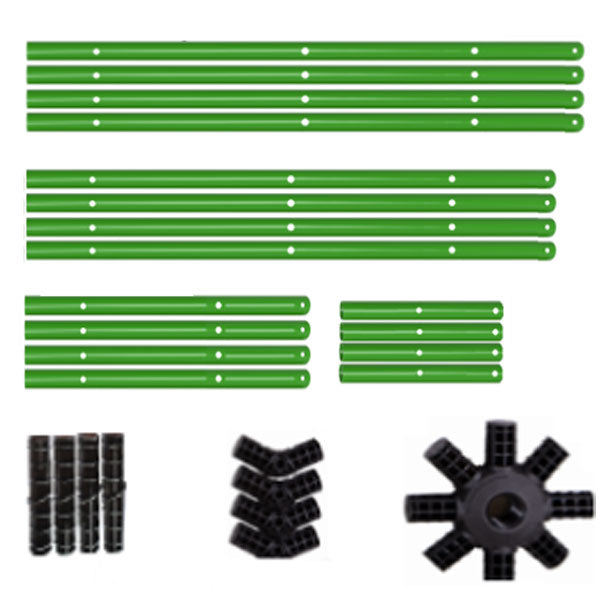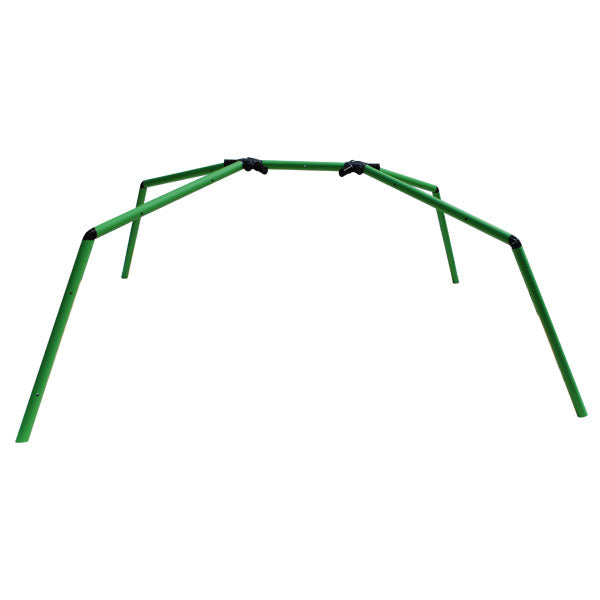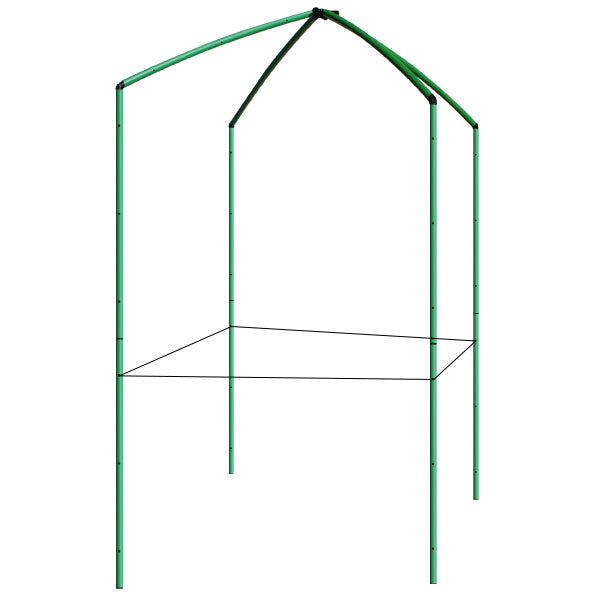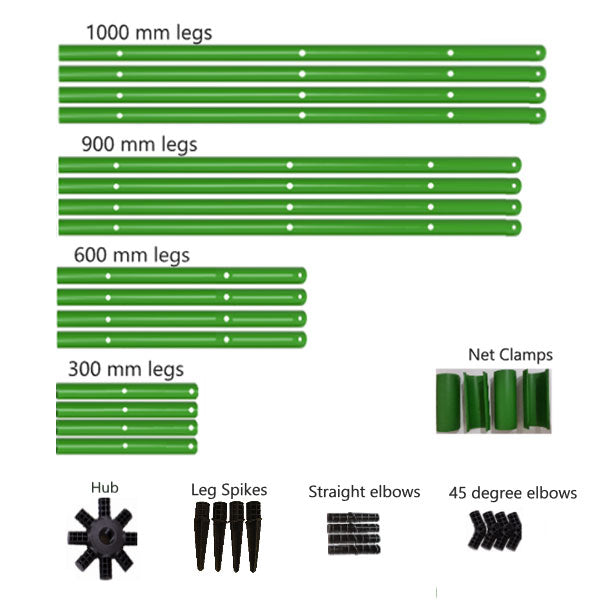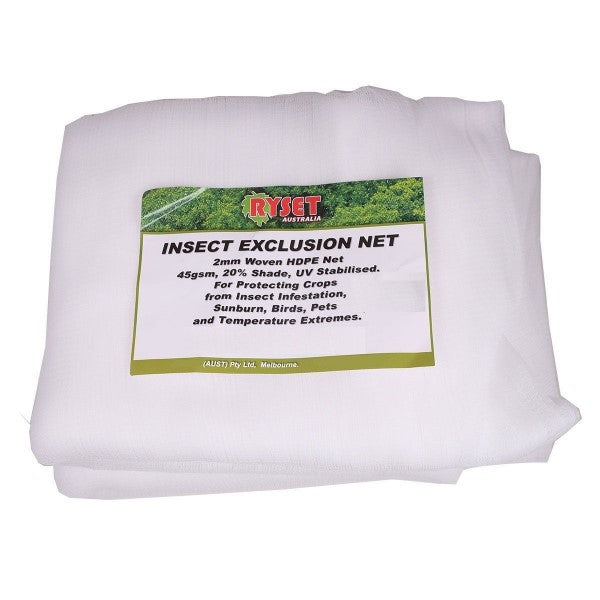This weather is certainly not helping with healthy plant growth, and waterlogged beds are not helping any growth at all, nor the ice we had on the ground this week! And maybe that’s the best way to protect your plants against diseases – don’t grow anything!
But for those that are still persisting and would like to avoid the easy and quick solution of poisoning and using chemicals, here are some longer-term ideas.
Look at a simple 4 year crop rotation system, meaning you change what is planted in the garden bed each year, getting back to where you started 4 years later. This prevents a mass buildup of disease and pests, as their growth cycle is interrupted as they have to cope with being in bed with a different plant.
When you plant is another method. If you plant things like zucchinis, peas, cucumbers late, they can be more effected by mildew than those planted earlier. However if carrots are put in too early, in cold soil – as it all is here at the moment, they can get attacked by pests in the soil.
Then there is the ever constant, never-ending removal of suspect plants and weeds. If your cabbage or tomato, one day has collapsed, it is best to remove and destroy them, it is a sign and if they are left there, others may suffer in like. Once you have got all you can off the brassicas, take the rest of the plant out, including the roots to avoid club-root.
Fruit on the ground early is a sign of danger and they should be removed and destroyed.
And then there are the weeds that take away light and nutrients from the plants we want to grow and eat, as well as harbouring pests, so they need to be removed, and used in the compost, which they are very good for.
In the end it is all about observing, learning and knowing your garden and plants, which takes time, and should be part of the gardening joy, and a good antidote against today’s need for fast and immediate gratification.
So, take it easy and enjoy!
Peter


